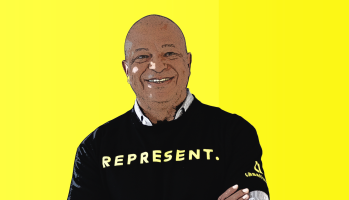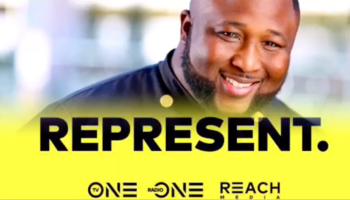This is one of those topics that has always made sense to me: put off what you could do today for tomorrow. What harm could it do? Seriously, though, it might seem like a good idea at the time to say you’ll pick up the mess in your living room tomorrow, but tomorrow, will you think the same thing? It’s an ongoing cycle: you say you’ll do something tomorrow, but then tomorrow comes and the house is still messy. Your clothes are still all over the ground and nothing’s been fulfilled besides false promises. Is this a productive strategy to get work done or just a crux so you don’t have to do anything at all? Also, why do people procrastinate to begin with?
For me, at least, I know I’m a perfectionist. I want things to come naturally to me – to have the words sound as good as they can be, so I feel satisfied at the end of writing something, for example. The mood has to strike or the words, or the household chores, or the birthday card are never complete. I know a lot of people are like this – they say that they like the adrenaline rush, but in the end, they’re only stressed out once the deadline pops up in the near future and nothing’s done. A dinner party is happening and the rooms of the house are a mess, but where did the time go? Other things were deemed “more important,” except for the one thing that would eventually be important in the LONG TERM. Long term planning is the worst because it’s so far in the future, at least in your mind, but it just creeps up on you unless you get a jump on it ahead of time. Procrastination is a reflex for people who want “just a little bit more time” to think and “prepare,” but in the end it’s only hurting yourself to not be on top of what’s coming.
Psychology Today says one of the most interesting theories I’ve ever heard about procrastination – it really does make a lot of sense: “Procrastination is not a problem of time management or of planning. Procrastinators are not different in their ability to estimate time, although they are more optimistic than others. ‘Telling someone who procrastinates to buy a weekly planner is like telling someone with chronic depression to just cheer up,’ insists Dr. Ferrari.” Seriously, I’ve been told all my life that I have a time management problem, but in reality, maybe I’m just overly optimistic that everything will eventually get done. If you refer to the article I wrote called How To Be Optimistic And Go With The Flow, there are a lot of reasons that people (like myself) are somewhat “hands-off “with their life. At least in my life, I feel like that by trying to manipulate every little thing to make it right, it doesn’t always work out the way you planned anyway. Therefore, I do what feels right and sometimes it happens that once I realize that I have no time left, it all just comes flowing out and I’m able to be productive. It sometimes is counterproductive, but at other times, my creative rush wouldn’t have come otherwise. Although it’s said that after “squandering resources,” you only FEEL more creative by procrastinating and getting the “big rush.” I sometimes wonder that maybe if I had spent more time on the current project in my life EARLIER in the game that maybe it would’ve turned out better. Therefore, procrastination might not make as much sense at it seems at the time.
If you yourself are a procrastinator (like myself), which one are you?:
1. Arousal Type/Thrill Seeker – those who wait till the last moment for a euphoric rush.
2. Avoider – those who may be avoiding fear of failure, or even fear of success and are very concerned about what others think of them – would rather be reprimanded for lack of effort than lack of ability.
3. Decisional Procrastinator – those who can’t make a decision, therefore, absolves them of responsibility for outcome of the situation.
Honestly, I think I have characteristics of all three of these types, only at different times (or sometimes all at once?). It’s hard to pinpoint anyone as one “type” of person, but in general, procrastination allows for bad habits like indecisiveness and avoidance to overshadow the good characteristics, like being strong at handling pressure or churning out coherent work on the spot.
What do you want to identify as: a do-er or someone who puts everything off? I know it’s easy to say that, especially since my habits have been hard to change, but in the end, it’s the good intentions of becoming a better worker that matters in the end – that you acknowledge what you’re supposed to do and have the strong, independent persona to change ways that just haven’t been working!
How To Embrace Your Nervousness & Just Be Yourself
Procrastinators Unite…Tomorrow: Are Your Bad Habits Holding You Back? was originally published on hellobeautiful.com














